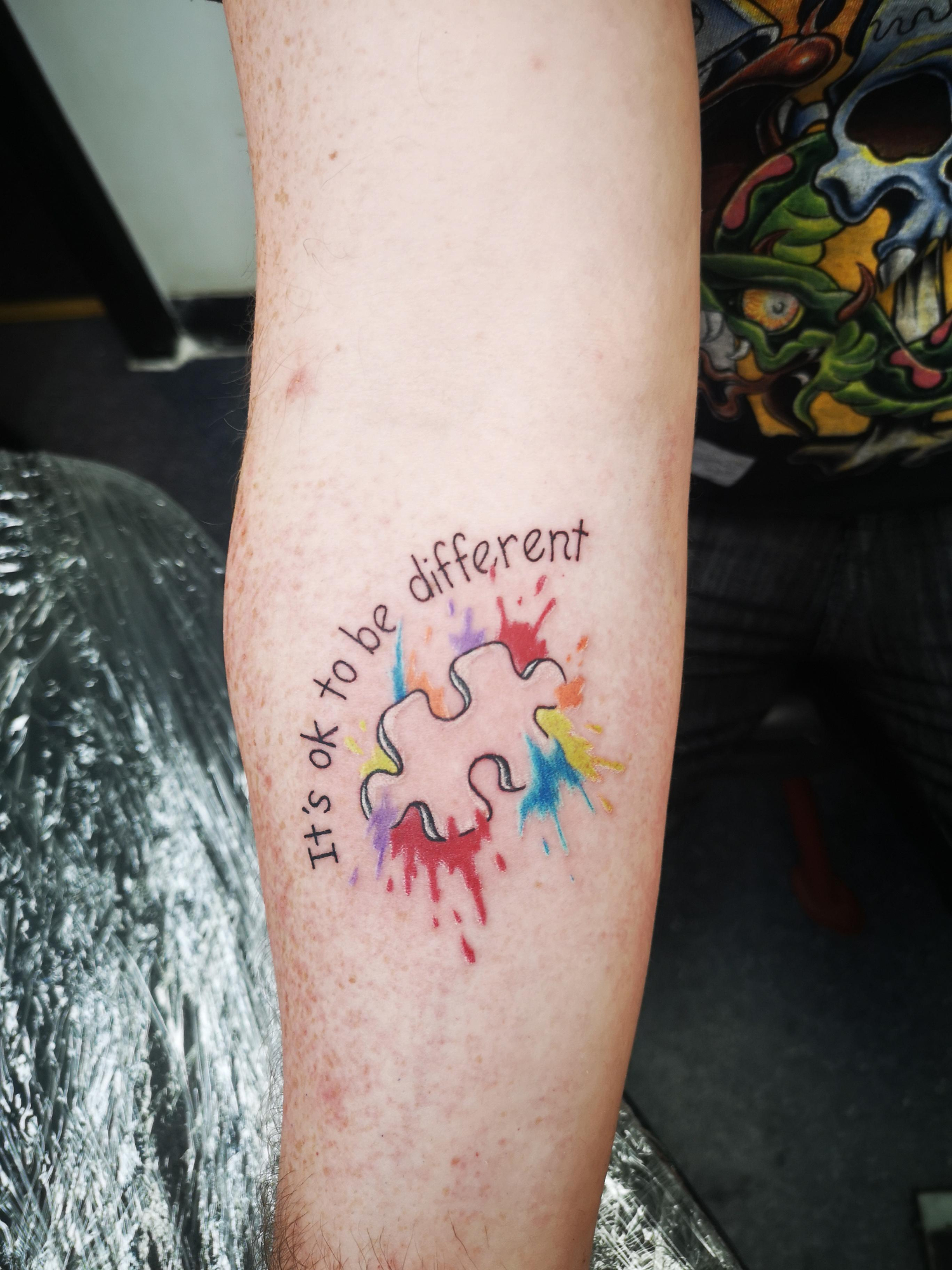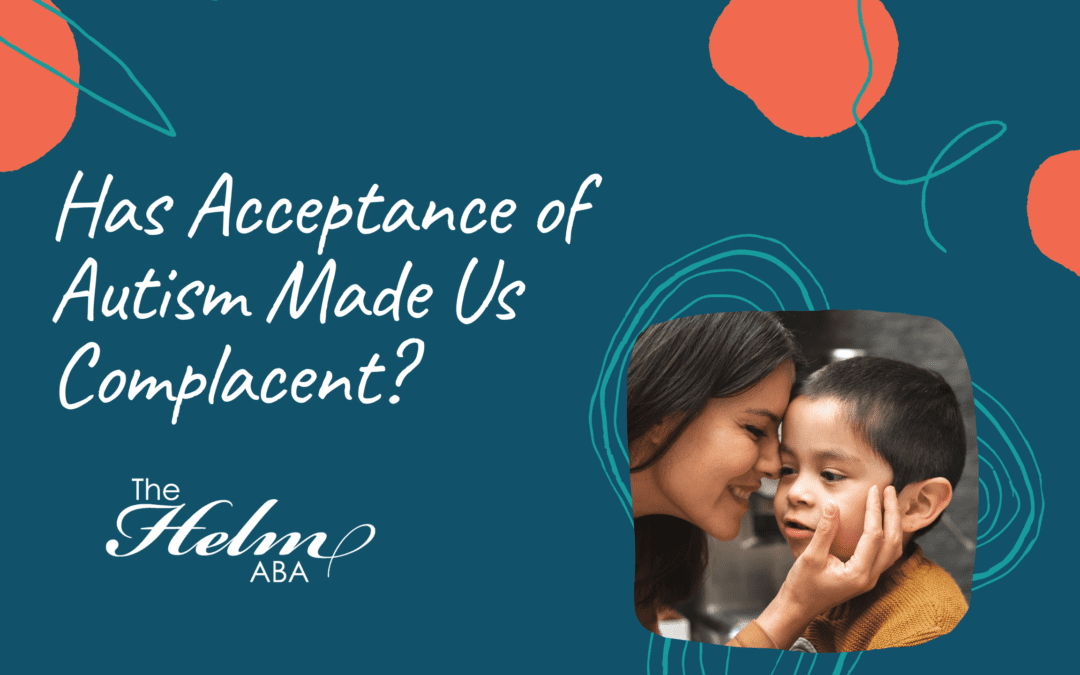With the increasing awareness and understanding of autism in recent years, it has become more commonplace. However, with familiarity often comes complacency, and it’s important to remember that autism is still a unique and diverse spectrum that deserves our attention and understanding. So, let’s take a look at how autism has become a part of our everyday lives.
Remember when autism used to be seen as rare? It was often portrayed in movies and TV shows as a mysterious and misunderstood condition. But now, with more people being diagnosed and greater awareness, autism is no longer that elusive concept. Autism has become a part of our everyday lives even if you don’t have a family member or friend on the spectrum.
Autism is now a part of our cultural lexicon.

tatsnrings.com/?s=autism
You’ve probably seen the iconic puzzle piece symbol associated with autism awareness. It’s become so recognizable that it’s not uncommon to see it on merchandise, bumper stickers, or even tattoos! Autism-themed events, fundraisers, and campaigns have also become commonplace in communities around the world. From autism walks to sensory-friendly movie screenings, there are now more opportunities than ever to show support and raise awareness for autism.
Autism has also made its way into pop culture. TV shows, movies, and books are increasingly featuring characters on the autism spectrum, portraying their lives, challenges, and strengths. These depictions help to break down stereotypes and increase understanding of autism. From the quirky and lovable character on a popular sitcom to superheros and detectives with autism in movies, autism is being portrayed in a more nuanced and positive light.
Autism has also made its presence known in the workplace. Many companies and organizations now embrace neurodiversity and create inclusive environments for employees with autism. From providing accommodations like sensory-friendly workspaces to offering training and support for managers and colleagues, workplaces are recognizing the unique talents and perspectives that individuals with autism can bring to the table. It’s heartwarming to see how autism is becoming a valued and integrated part of the workforce.
But amidst all the progress, it’s important to remember that autism is still a complex and diverse spectrum. Each individual with autism is unique, with their own set of strengths, challenges, and experiences. It’s crucial not to overlook the diversity within the autism community and to approach each person with empathy, understanding, and respect.
So, while autism may have become more commonplace in our society, let’s not forget the importance of continued awareness, acceptance, and inclusion. It’s a wonderful thing to see autism being portrayed in a positive light, becoming a part of our cultural fabric, and being embraced in the workplace. But let’s also remember that there’s still work to be done in ensuring that individuals with autism are fully understood, supported, and included in all aspects of life.
In conclusion, let’s celebrate the increasing awareness and acceptance of autism in our society, while also remembering to approach it with sensitivity and understanding. Autism is no longer a mysterious concept, but a part of our everyday lives in many ways. By continuing to educate ourselves, advocating for inclusivity, and treating each individual with autism with empathy and respect, we can create a more inclusive and accepting society for everyone. Together, we can build a world where autism is not just commonplace, but fully understood, accepted, and celebrated. Cheers to the wonderful diversity of the autism spectrum!

